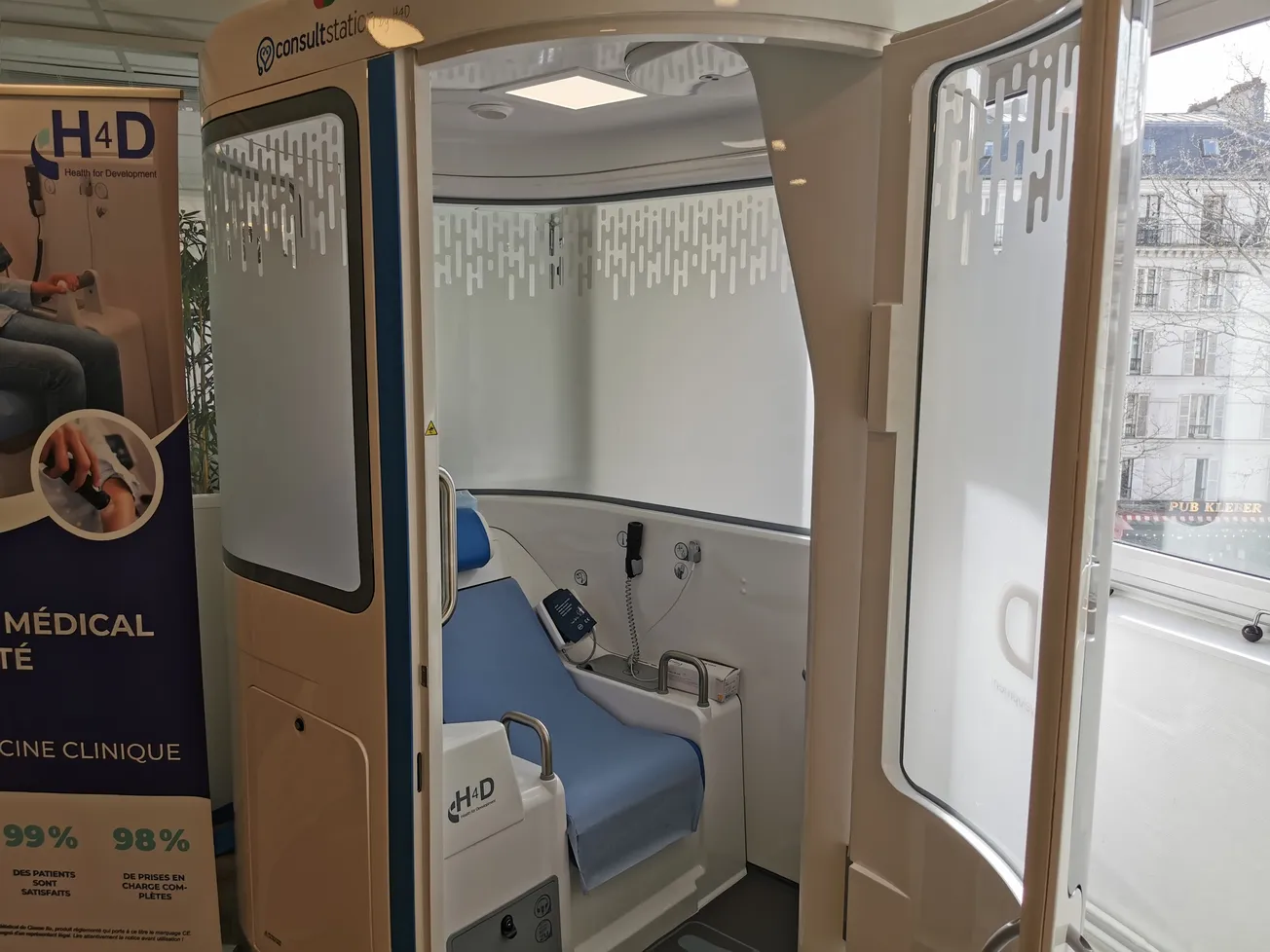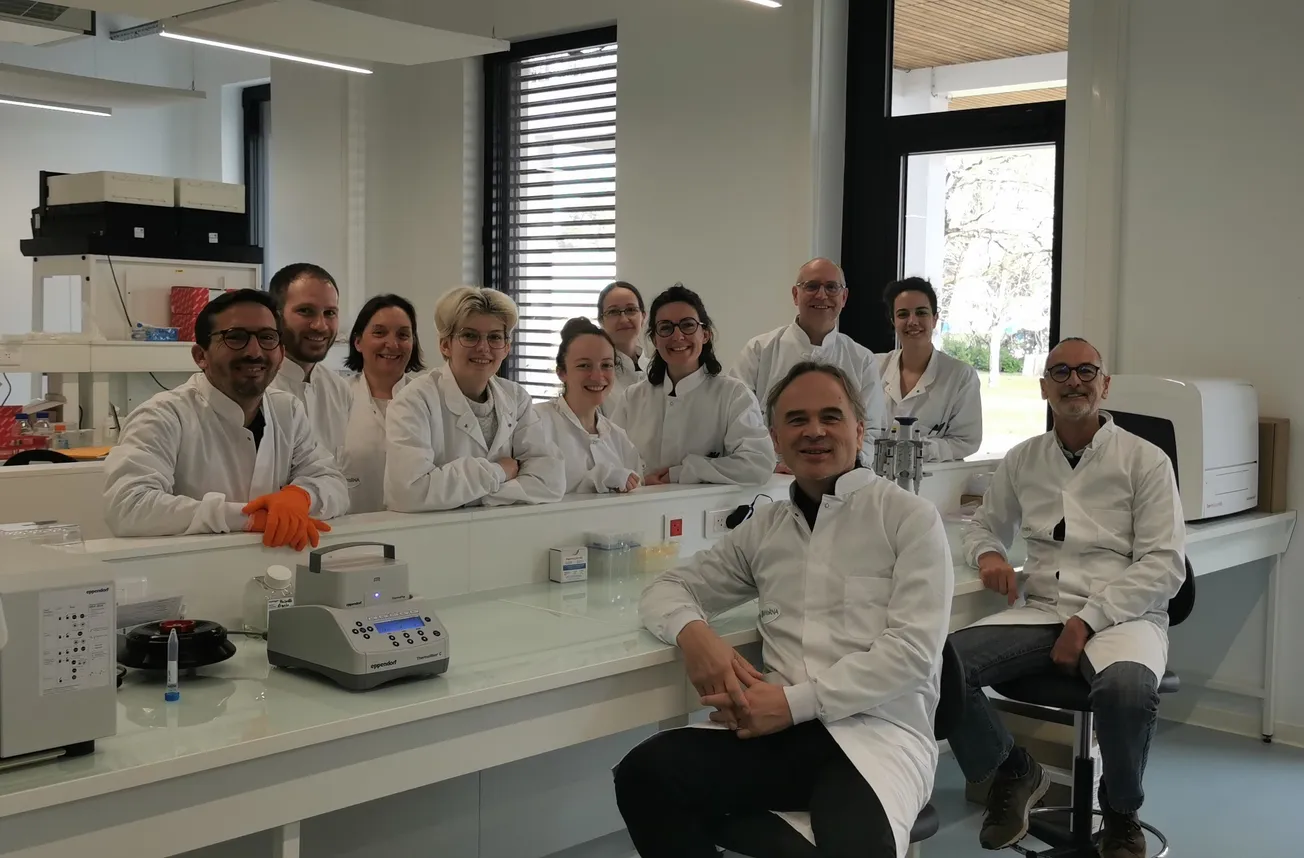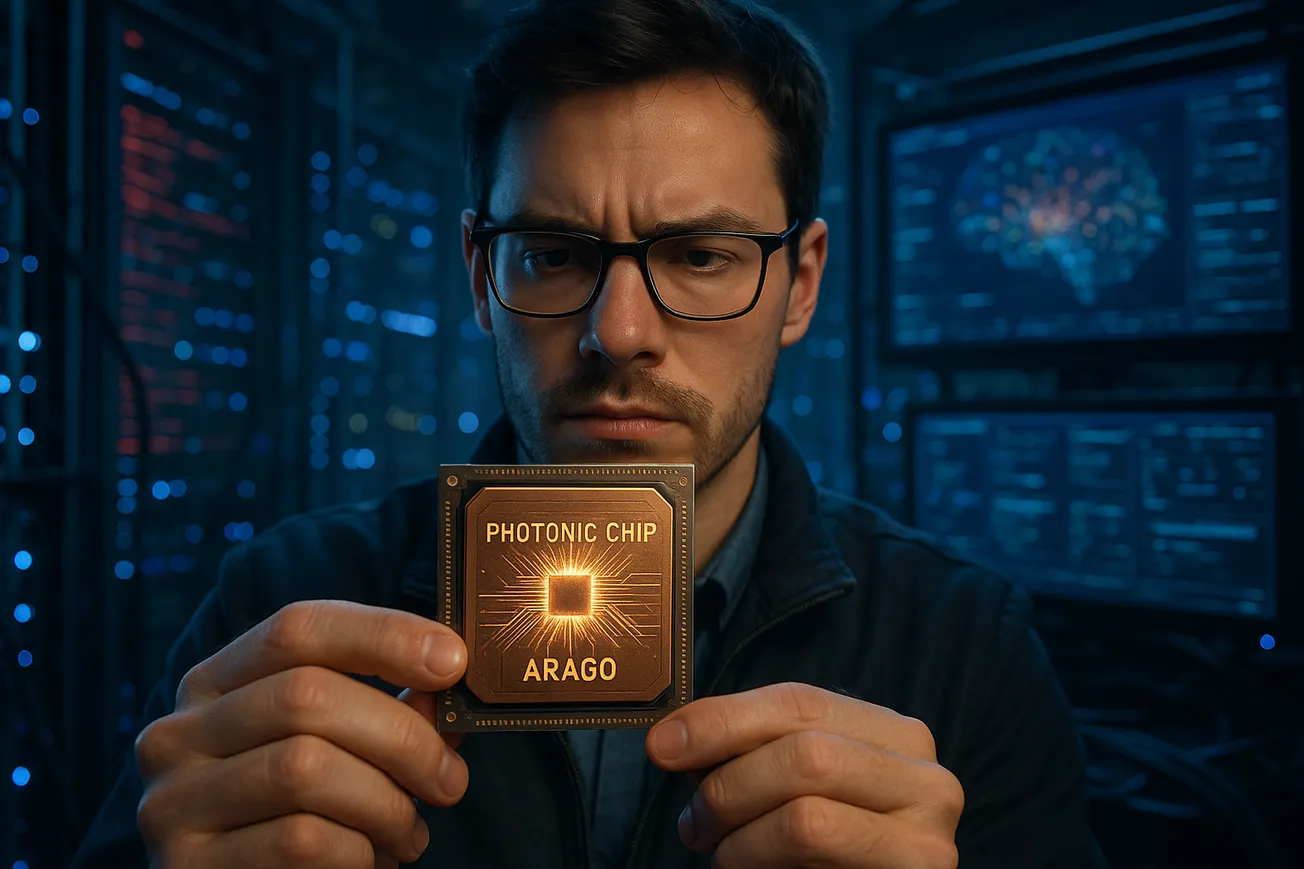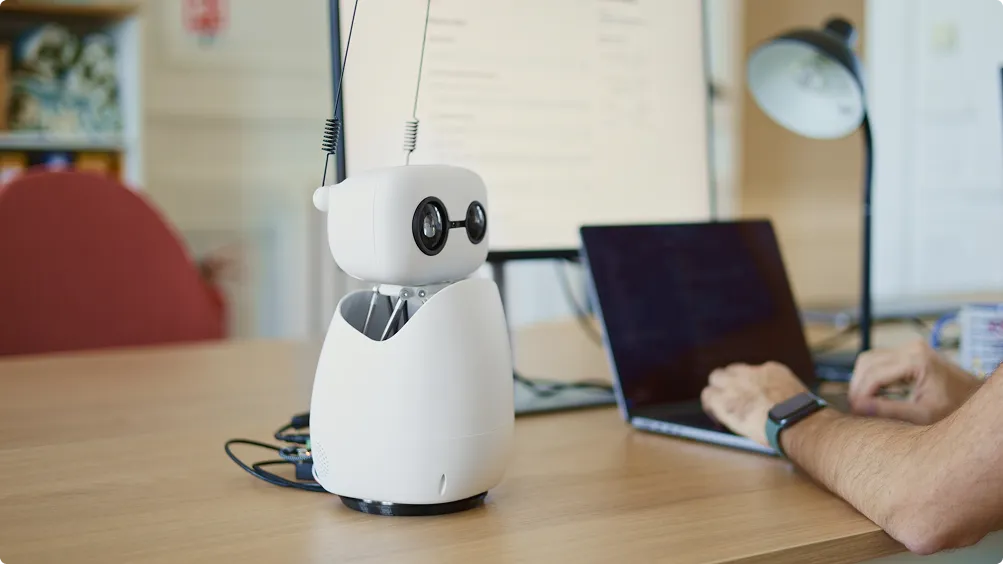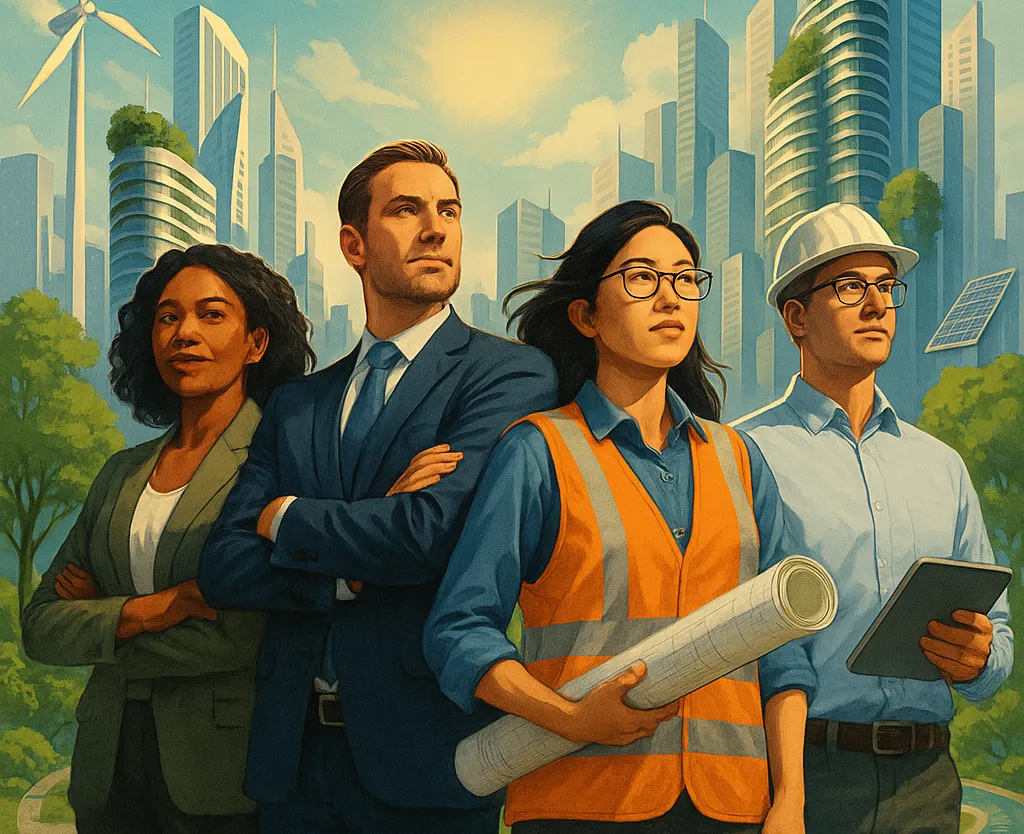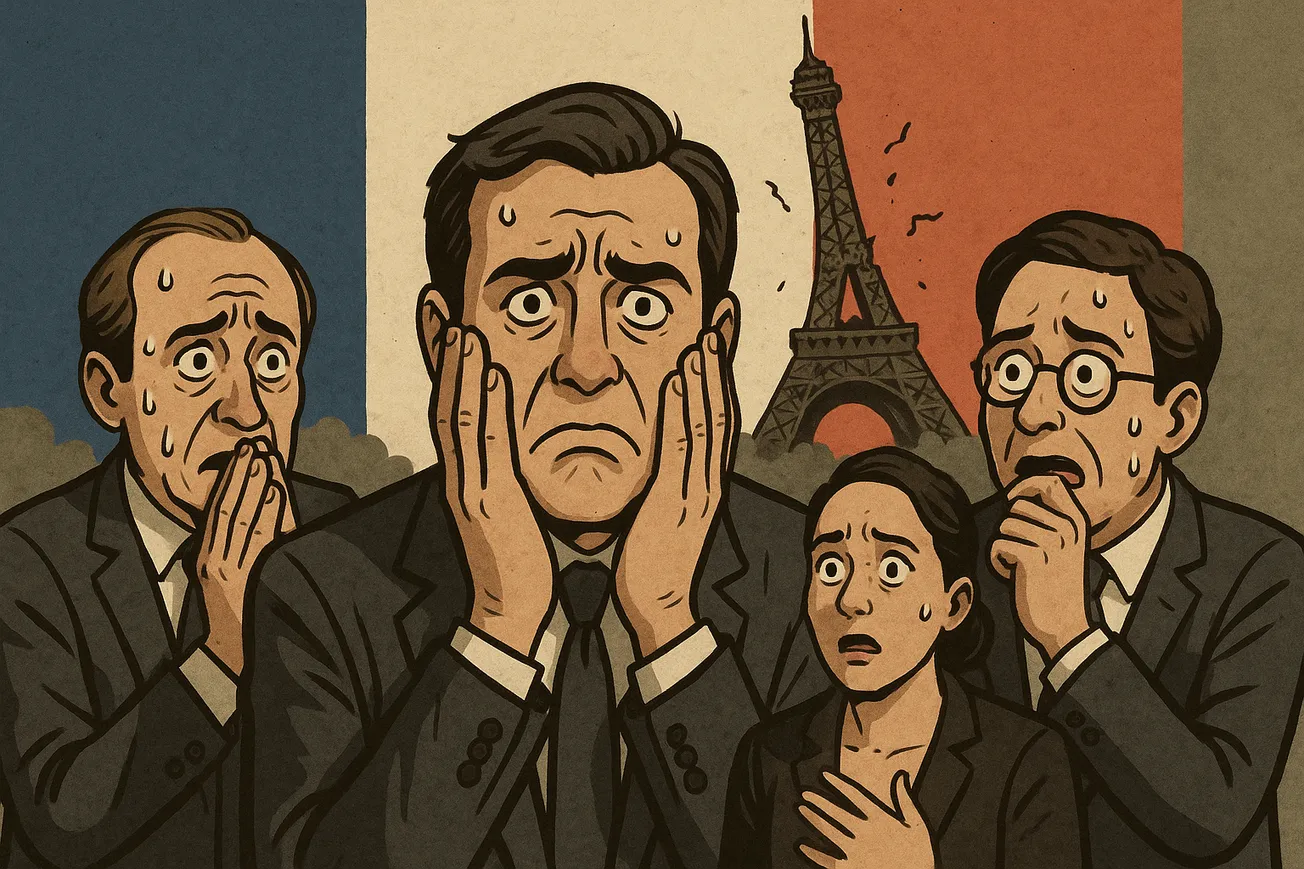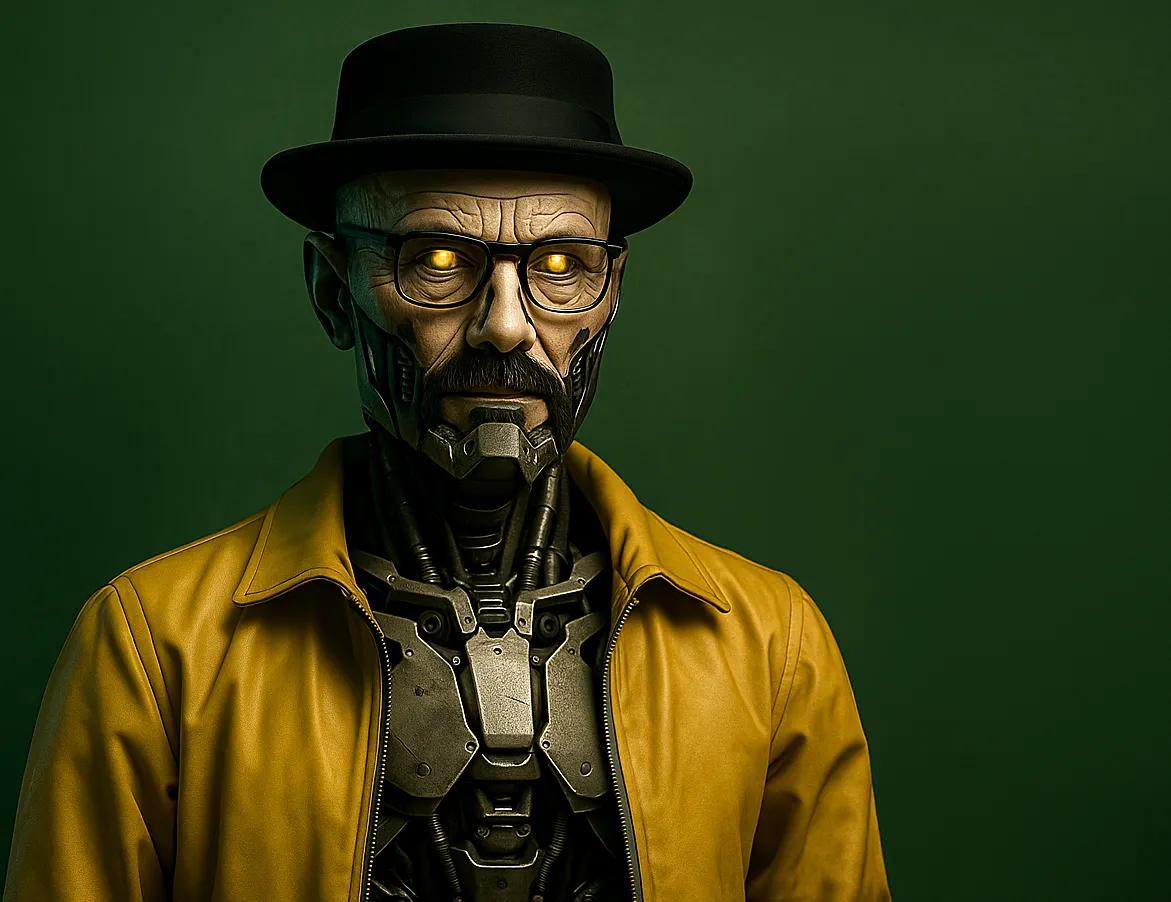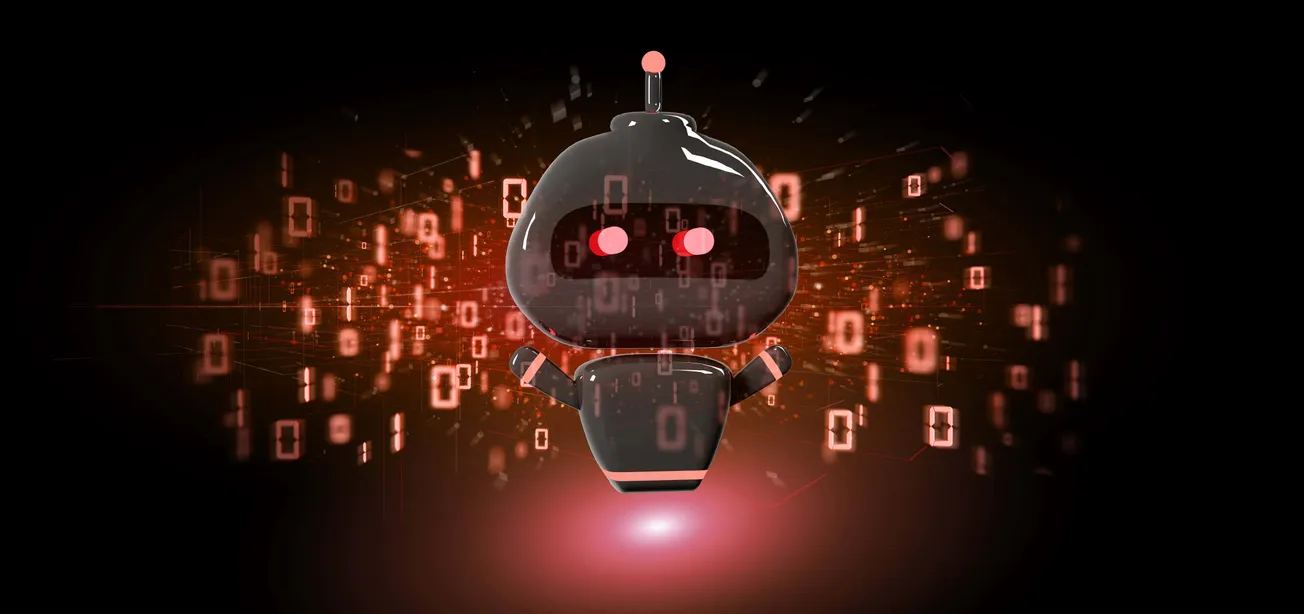Just to the west of Paris lies the sprawling Yvelines department where I happen to live. While it includes such upscale towns as Saint-Germain-en-Laye and Versailles, Yvelines is also characterized by a vast rural region.
On a late April evening, political and healthcare leaders of Yvelines gathered at the Université Paris Saclay campus in Versailles to address one of the most pressing issues facing Yvelines: A shocking decline in access to basic healthcare.
Over the past decade, Yvelines has lost 20% of its doctors, and another 40% are over 60 years old. Across the department, 15% of residents don't have an official general family doctor, a gap that widens in rural areas. Drive through small villages and one will see posters along the streets advertising the need for doctors. Despite the nation's renowned national health care system, this has become a crisis across France where 13% of the population now lives in a region the government officially defines as a "medical desert."
In the face of this deficiency, the Yvelines department in late 2022 made a call for telemedicine solutions that could address the problem immediately. On this night in Versailles, leaders officially announced they had signed a €10 million contract with Paris-based H4D to deploy 50 of its telemedicine cabins around the department, including one on a bus that would roam from town to town offering both general telemedicine appointments as well as specialized gynecological exams.
Yvelines Department President Pierre Bédier, speaking at the event, said that while the law doesn't necessarily charge local governments with providing health care in France, officials felt an urgent need to act. "The alarming situation pushed us to make this type of decision," he said.
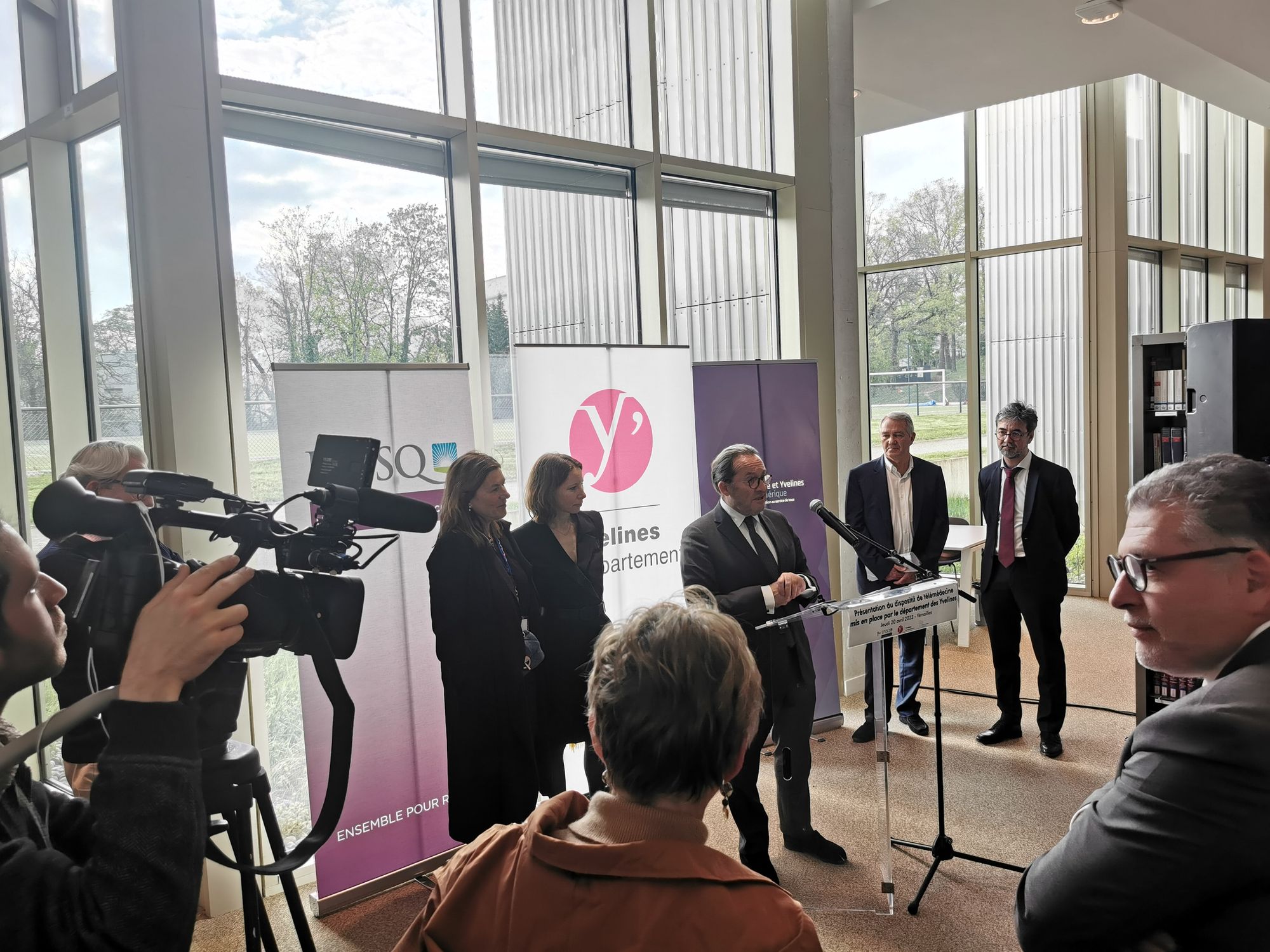
The project represents a big gamble for Yvelines. But it also suggests the massive opportunity for H4D, both in terms of the potential business as well as the possibility to have a major impact on the daily lives of people across France.
"H4D's whole ambition is to fight against medical deserts," said CEO Valérie Cossutta.
A Medical Vision
Just a few weeks before the Yvelines announcement, I visited H4D's headquarters in Paris to chat with Cossutta. She has only recently been promoted to the CEO chair, replacing Dr. Franck Baudino who had founded the company more than a decade ago.
Baudino was an emergency room doctor who had worked in India and then Deauville, France. Over time, he simply had too many patients to see in person, and yet he worried that contacting them remotely by phone would result in substandard care. He asked himself a simple question: "How can I have the same thing as in my medical practice, but at a distance?"
He recruited some engineering friends who helped build the first version of what has become H4D's core concept: A telemedicine booth. The cabin now includes 15 connected medical devices and a video screen for a live remote consultation with a doctor.
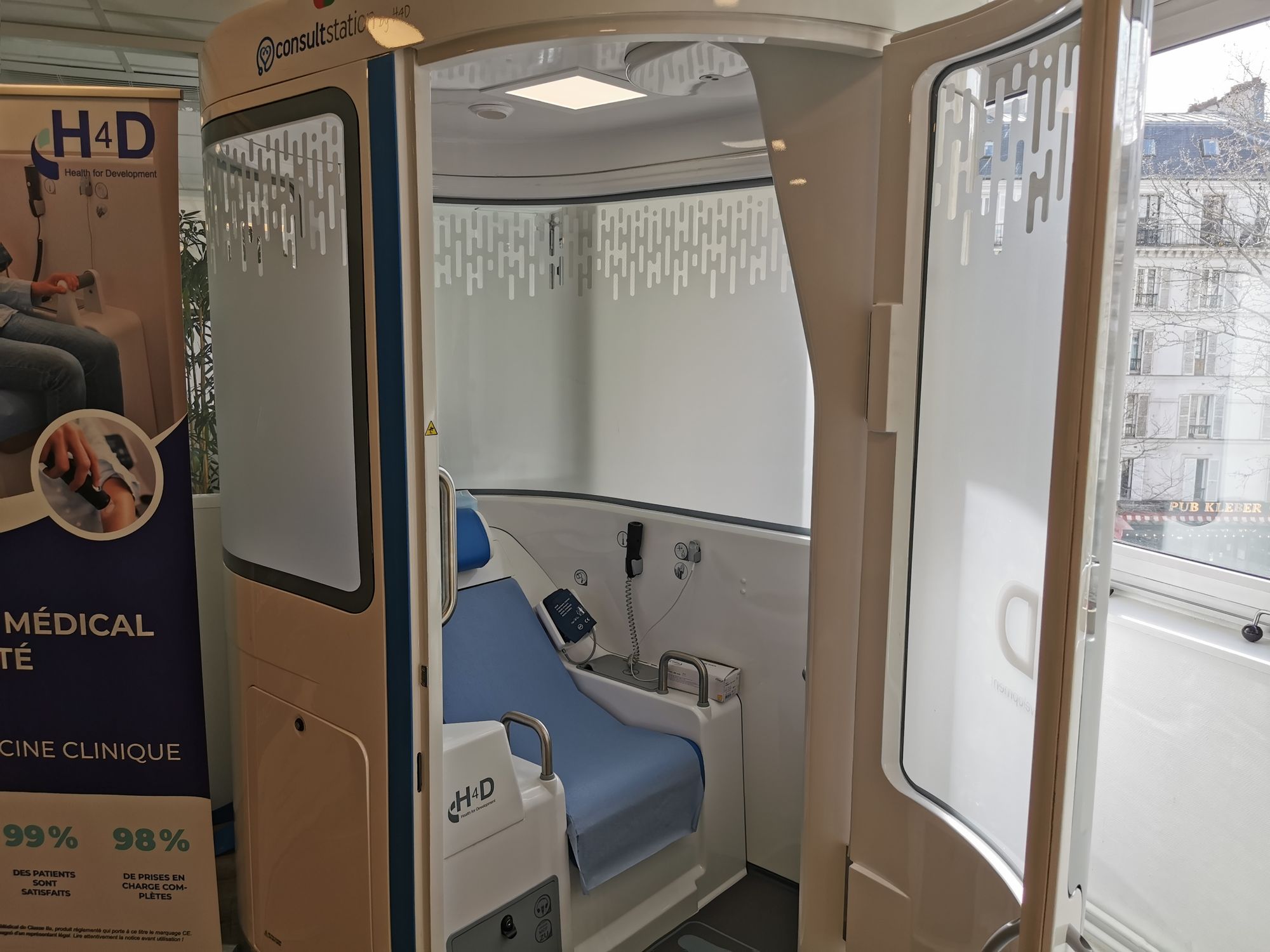
During my visit, I got to take the main model for a test drive. I entered the booth (shown above) and sat in the chair. The patient inserts their national health card in a slot and then the session begins.

